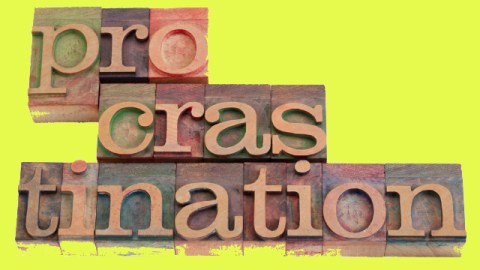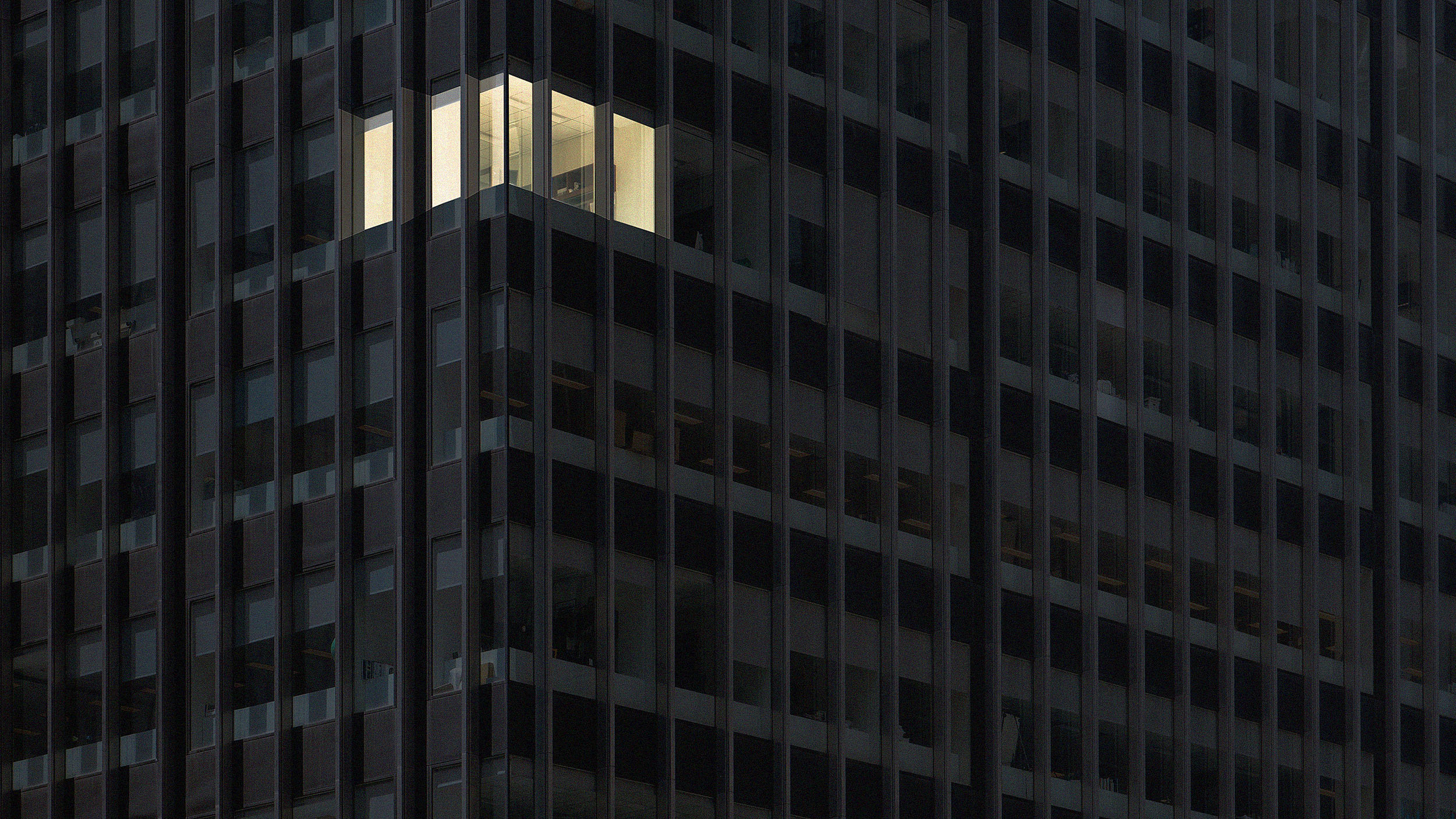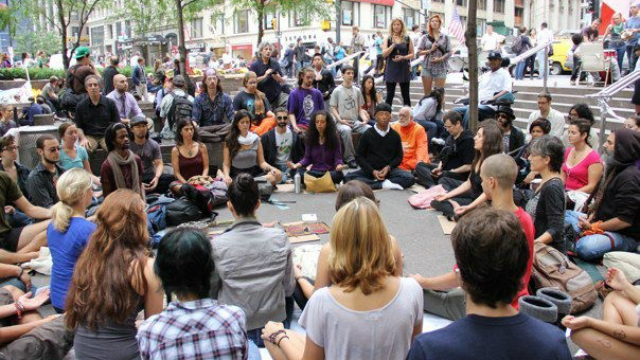How Not To Spend Your Whole Day on Facebook

What’s the Big Idea?
One of the key take-home messages of Charles Duhigg’s new book The Power of Habit – Why We Do What We Do in Life and Business is that habits are pernicious little buggers. Over time, they become hardwired in the brain such that you can’t just will yourself to change them.
Stop. Wanting. Brownies! Stop. Wanting. Brownies!
. . . such mantras, sadly, are doomed to failure. But take heart, fellow flawed human – the cumulative message of the impressive body of research and real-world examples Duhigg has mustered here is that changing our bad habits and adopting positive new ones is entirely possible, so long as we understand how habits really work.
What reinforces any habit is the reward it offers: a sugar rush, for example, or a compliment from your boss. Generally, changing a habit is a matter of substituting one reward for another. If you’re a drinker, the reward is the temporary relief from stress and existential suffering that intoxication can provide. Alcoholics Anonymous works by encouraging its members to practice turning their troubles over to a “higher power.”
Procrastination: Just work with it.
The trouble with procrastination, says Duhigg, is that no work-related activity is an adequate substitute. When the urge to browse YouTube strikes, you can’t just cheerfully type up a report instead.
Typically, people go on extended procrastination benders followed by self-recrimination and vows to redouble their work efforts from here on out. This has the doubly unfortunate effect of a) increasing the amount of time they spend procrastinating and b) reducing their effectiveness the rest of the time (the harder you whip the burro, the more stubborn he becomes).
There is much hand-wringing these days among CEOs (and, to a lesser extent, their employees) over facebook, twitter, pinterest and other ready-made tools of procrastination. How are we to prevent our national productivity from drowning in the swelling tide of status updates and cute kitty cats?
Relax, says Duhigg. You can’t beat your facebook addiction into submission – so incorporate it:
Again, once the habit exists, you can’t just quelch it. If the reward for procrastination is that you get to spend five minutes distracted by Facebook and see these updates of your friends, you have to accommodate this need in your life. And so the answer is to give yourself five minutes every hour. In fact, you can set an alarm at the end of every hour give yourself five minutes to surf the web. Because if you allow yourself five minutes every hour, it won’t explode into 45 minutes because you’ve been trying to suppress it.
But That Hourly Facebook Alarm is Driving Me to Ruin
As we heard last Fall from Princeton neuroscientist Sam Wang, willpower is like a muscle – the more you exercise it, the stronger it becomes. So once you’ve incorporated procrastination into your workflow, you can begin to titrate the doses. If you approach this realistically, you can gradually wean yourself of the procrastination habit.
Charles Duhigg: Let yourself practice going longer and longer and longer without taking a five-minute break to check Facebook, because after three or four weeks, or months, you’ll be able to sustain focus much longer. But the key is, you can’t change everything overnight. You can’t suddenly say, I want a brand new habit tomorrow and expect it to be easy and effortless. It’s something you have to give yourself permission to take a little bit of time to practice, because you’re building up neuro pathways associated with certain behaviors and those neuro pathways just build up over time. You can’t speed up that process any more than is natural.
What’s the Significance?
In tough economic times, businesses strive to do more with less. For workers, this means more responsibility and higher expectations of productivity. This produces anxiety, which can lead to wrong decisions – at every level of a company – about how best to realize our goals.
Now, more than ever, employers and workers need to understand how habits operate. Resourcefulness in times of crisis depends upon creativity, which is only accessible when we work realistically – organizing our time and efforts in ways that take human psychology into account.
Management really needs to take the lead here, building an office culture that supports and rewards genuine, sustainable progress more than it does the appearance of effort.
Follow Jason Gots (@jgots) on Twitter
Image credit: marekuliasz/Shutterstock.com





